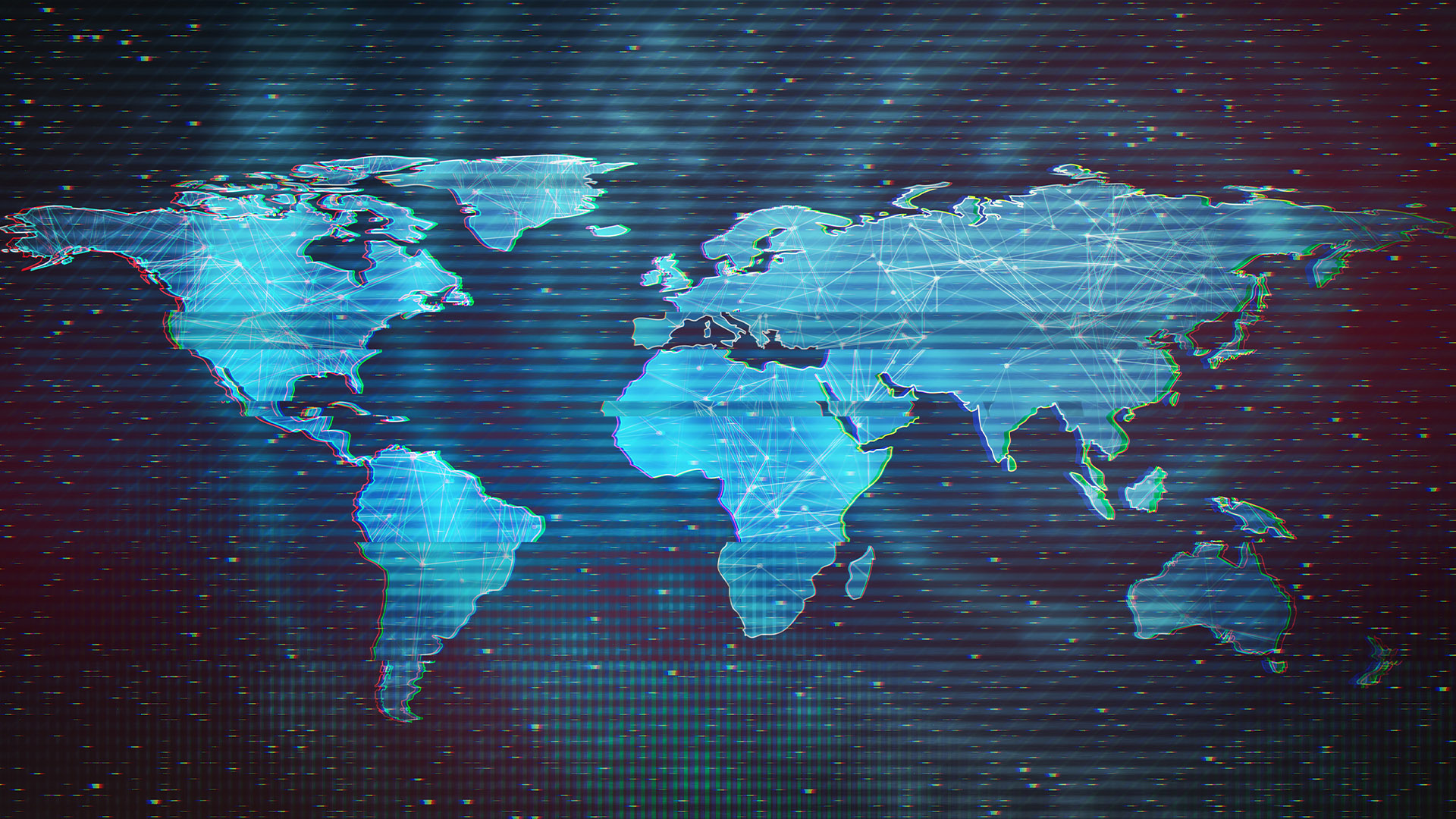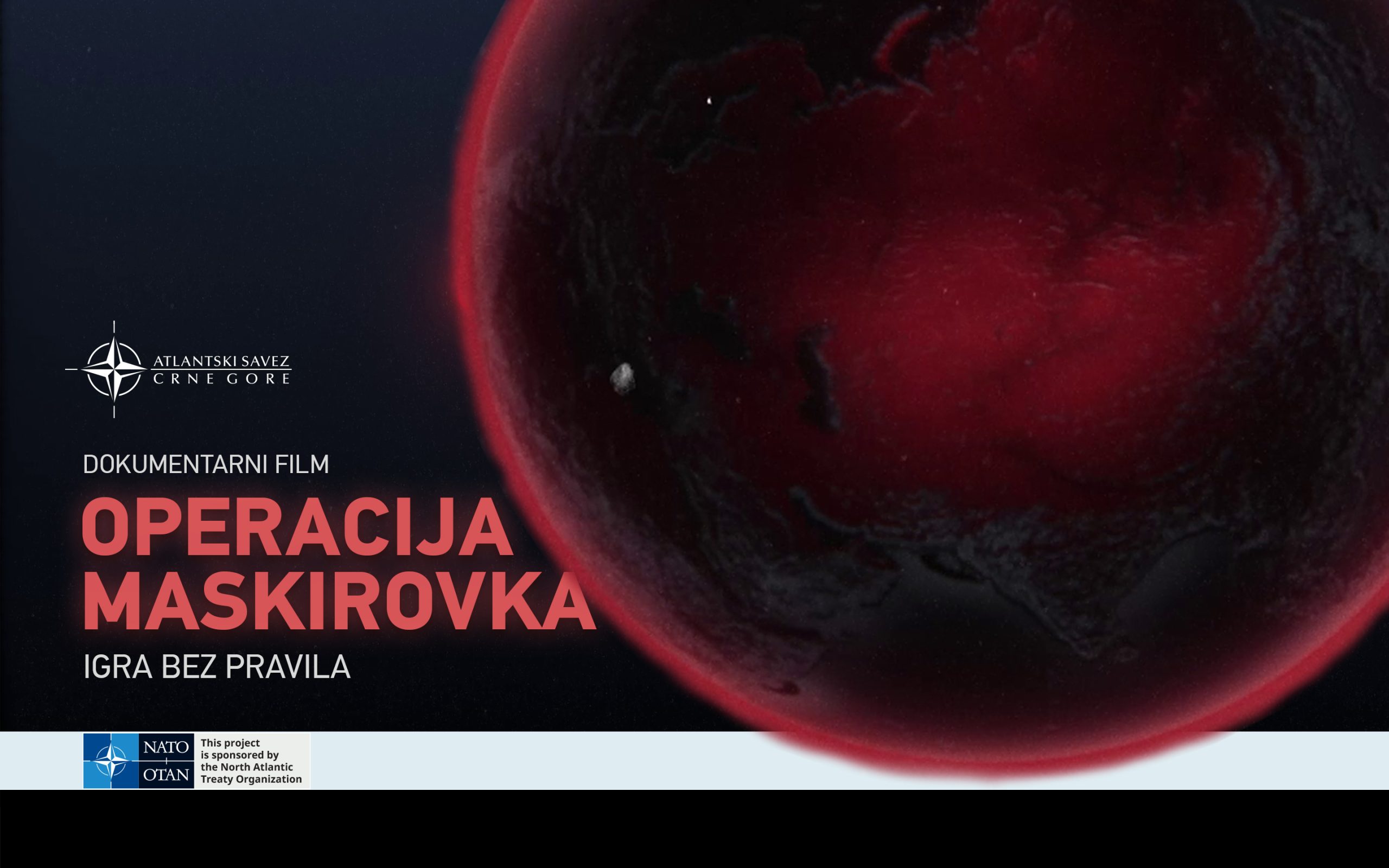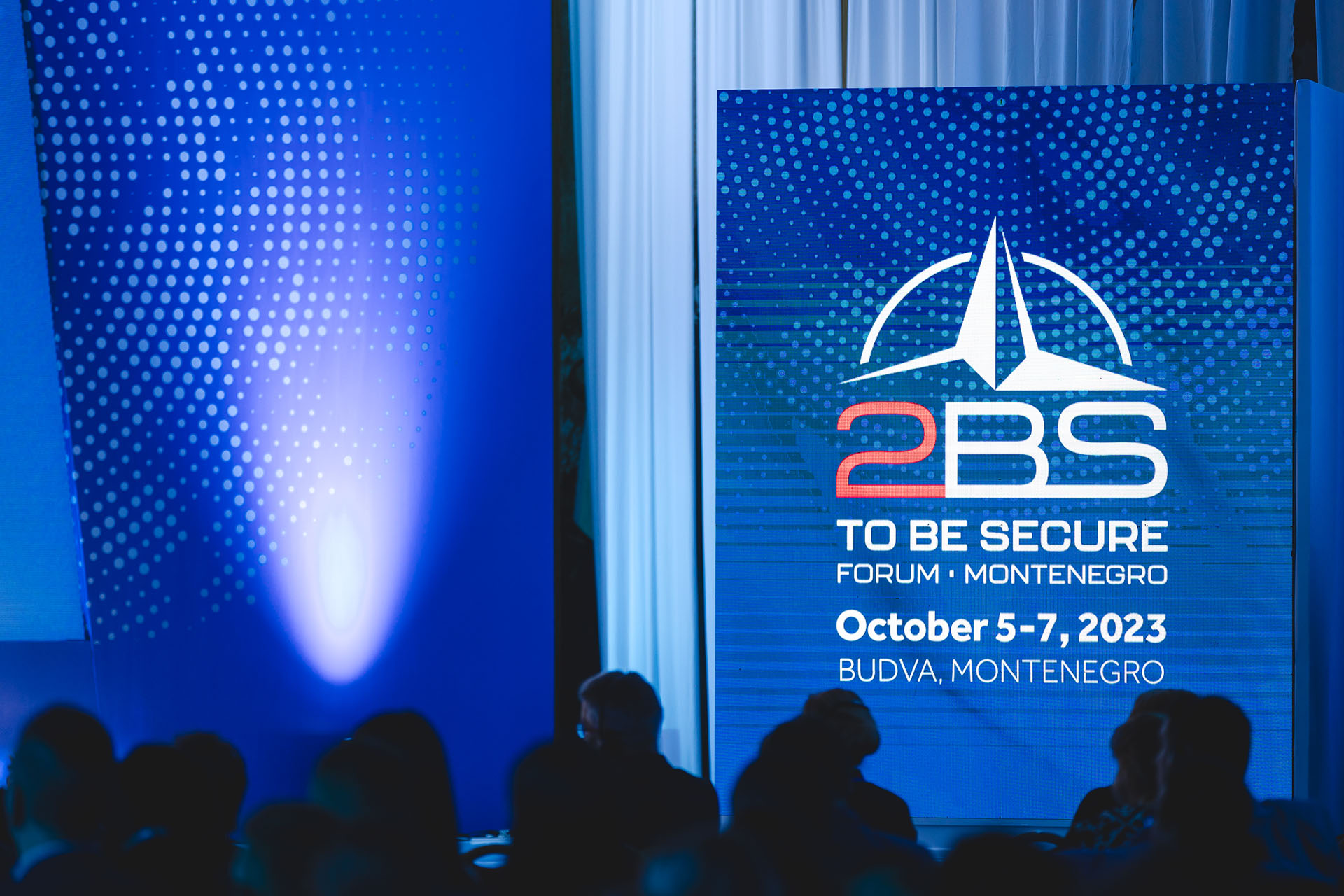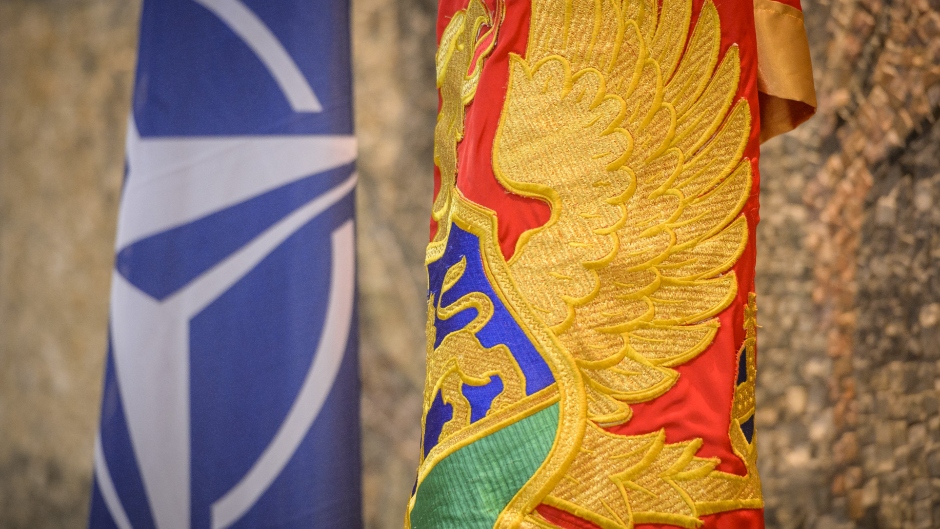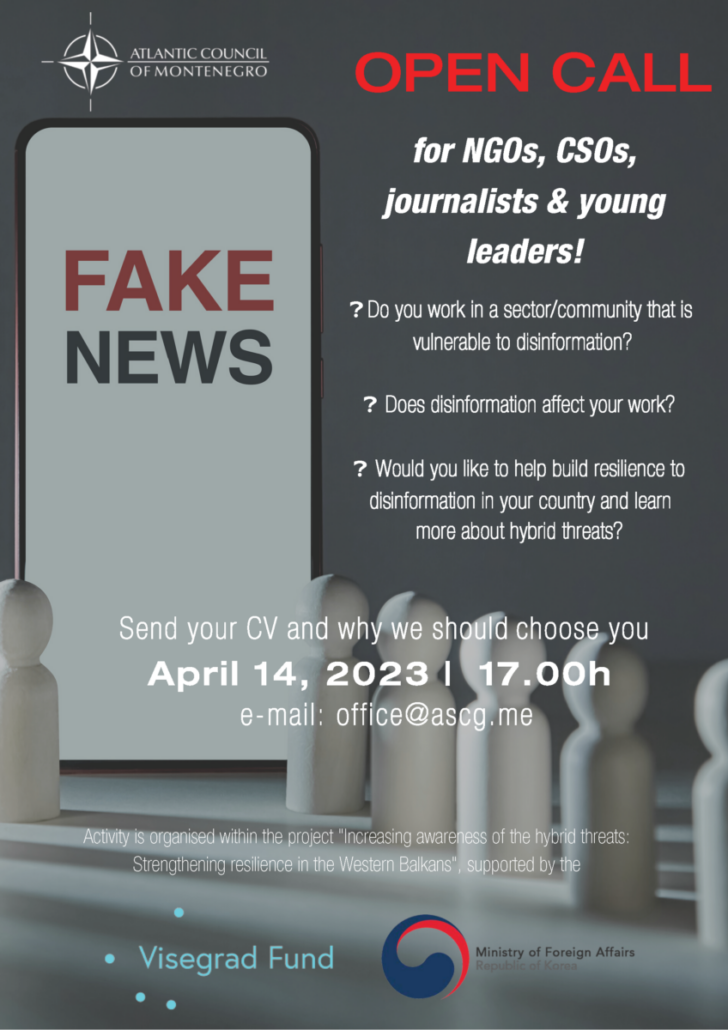Disinformation is a part of a much larger ecosystem of the negative Russian influence and active measures that encompass a lot of different tools, including strategic corruption, that create a network of influences, organized crime that is an instrument of state administration for Russia, use of proxies and Trojan horses as well as the cyber-attacks, said Brian Whitmore, Nonresident Senior Fellow of the Atlantic Council at this year’s 2BS Forum.
Whitmore said on the panel about the influence of disinformation that societies with a high level of corruption, lack of public trust and polarization, are vulnerable to the threat of disinformation. He mentioned Finland and Estonia as an example of the countries where hybrid threats are not significantly influential, adding that these are the countries with a low level of corruption and divisions within society.
Whitmore states that a solution for this problem would be cooperation within the transatlantic community. We should raise the level of media literacy, civic education, increase resilience just as the Scandinavian and Baltic countries have done, he added.
Executive Director of the Media Association of South-East Europe Vuk Maras thinks that the first step in a fight against disinformation should be to strengthen the capacity of the media to be more responsible towards the readers, and then, to be more specific and professional. This is what our societies are missing.
Maras thinks that it is necessary to redefine the notion of media literacy and find an adequate solution how to reach young people. He adds that the Montenegrin authorities, as well as the Ministry in charge, must be included in this process. We cannot expect our allies and partners to solve this issue, he added.
It is really difficult to stop disinformation in Montenegro since we are under the permanent influence not only of the countries with neoliberal tendencies but also our neighborhood that we share the languages with, Maras thinks.
According to his words, we in Montenegro are again facing the fact that the Government is one of the biggest generators of fake news, constantly being launched in the public. We expected that they would do completely different things – help us and cooperate with media outlets, Maras concluded.




